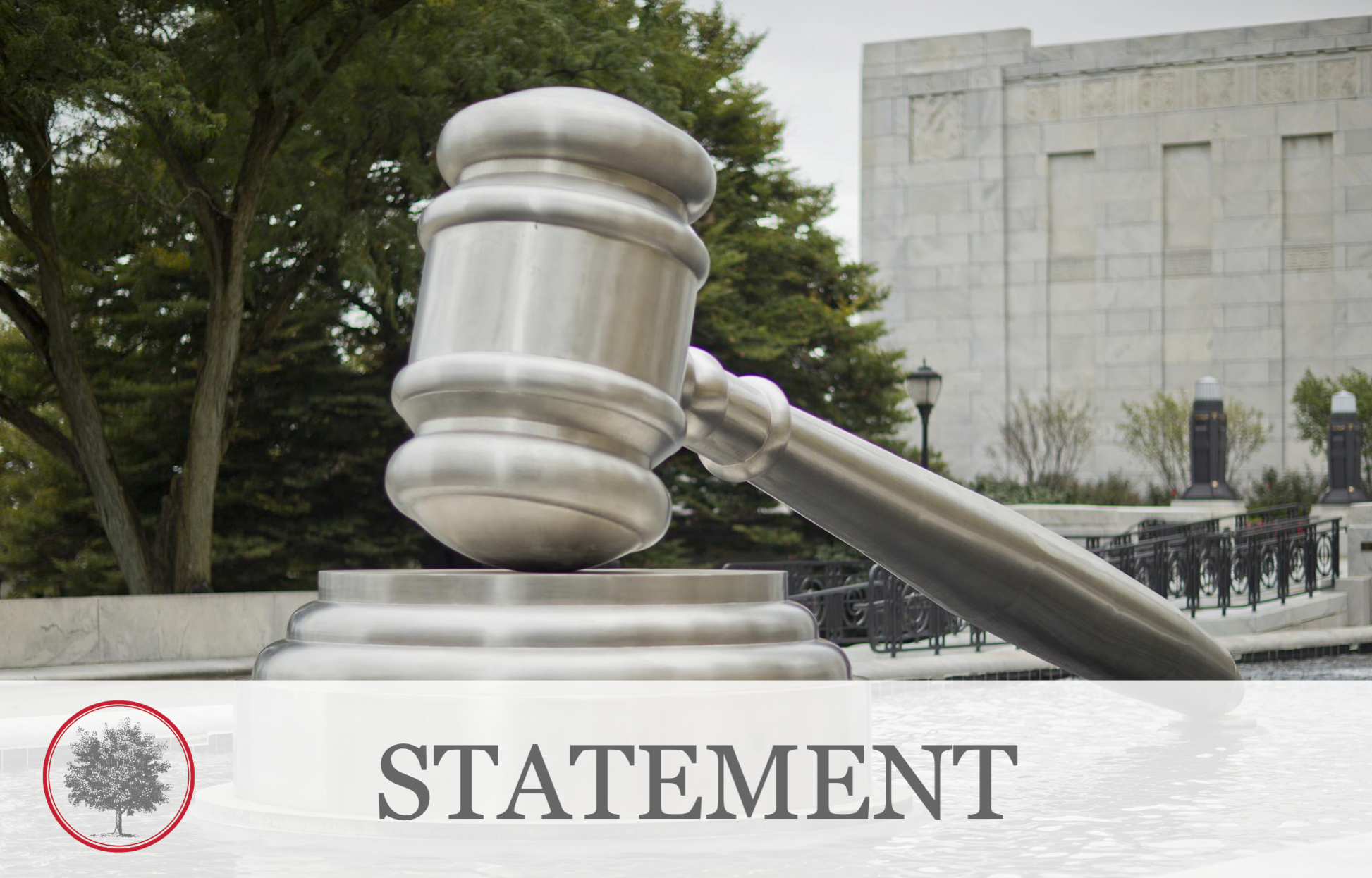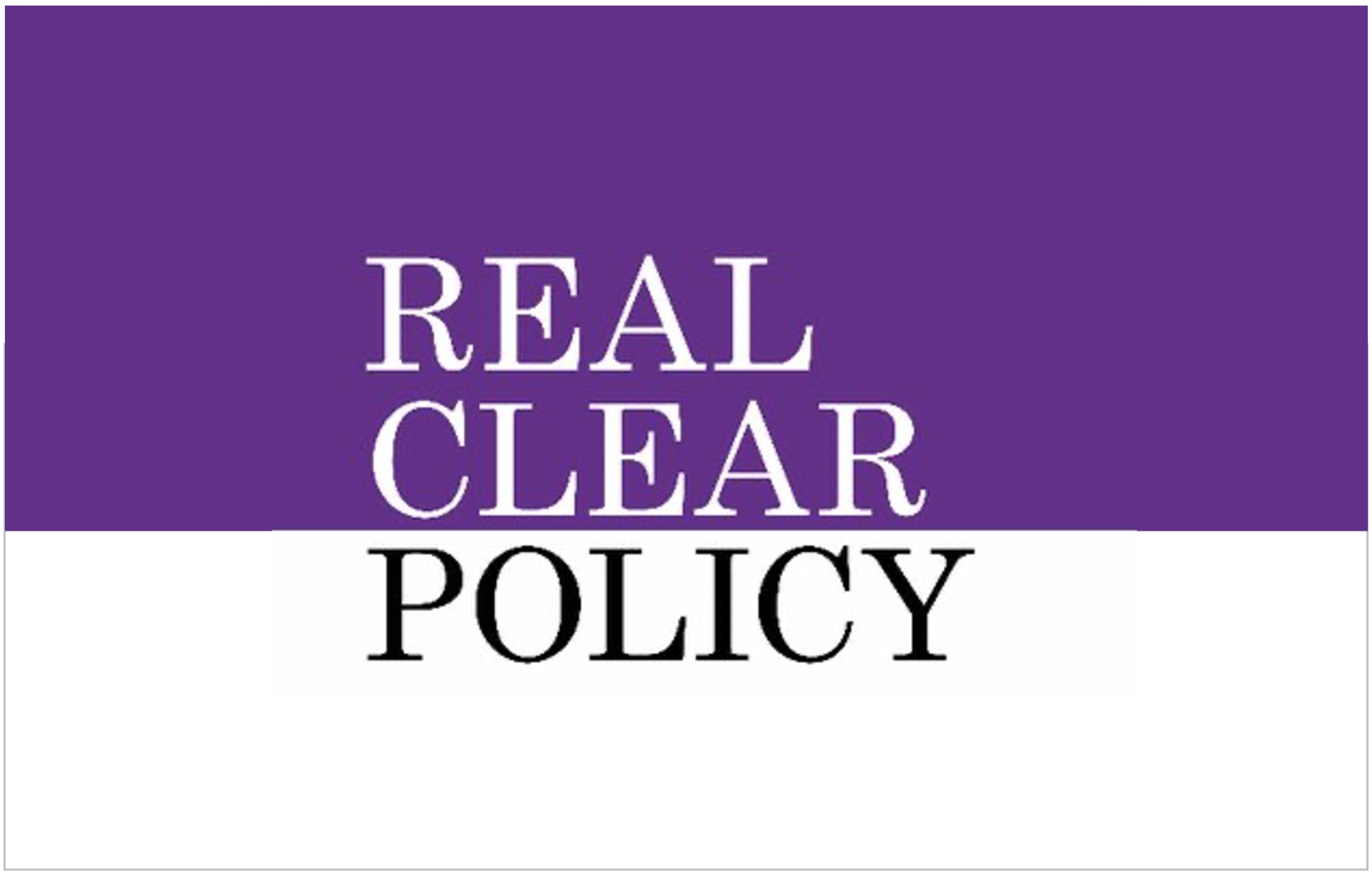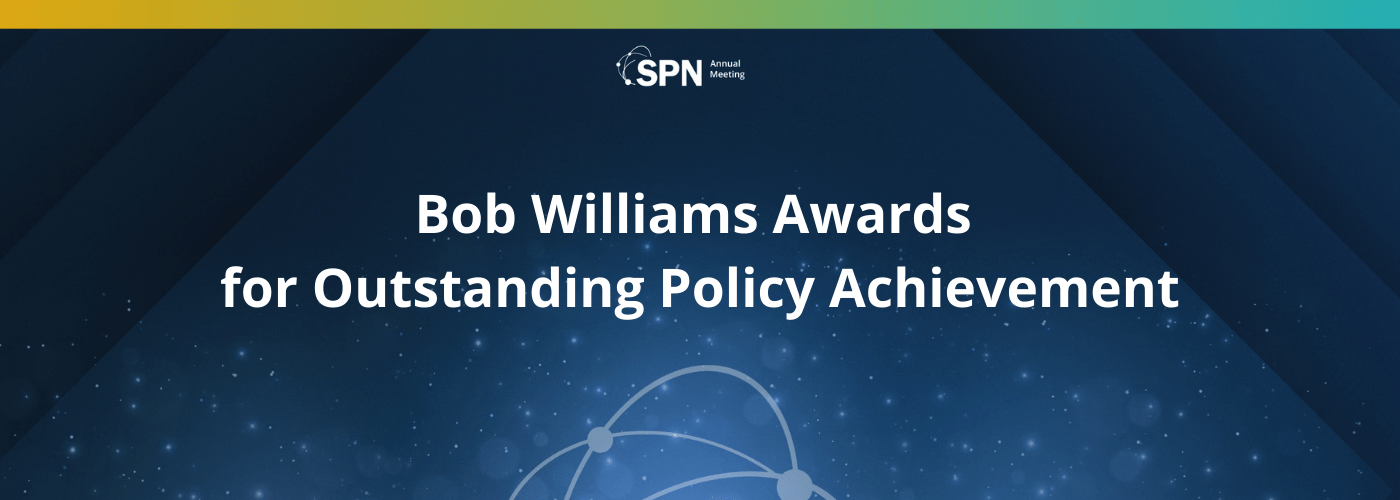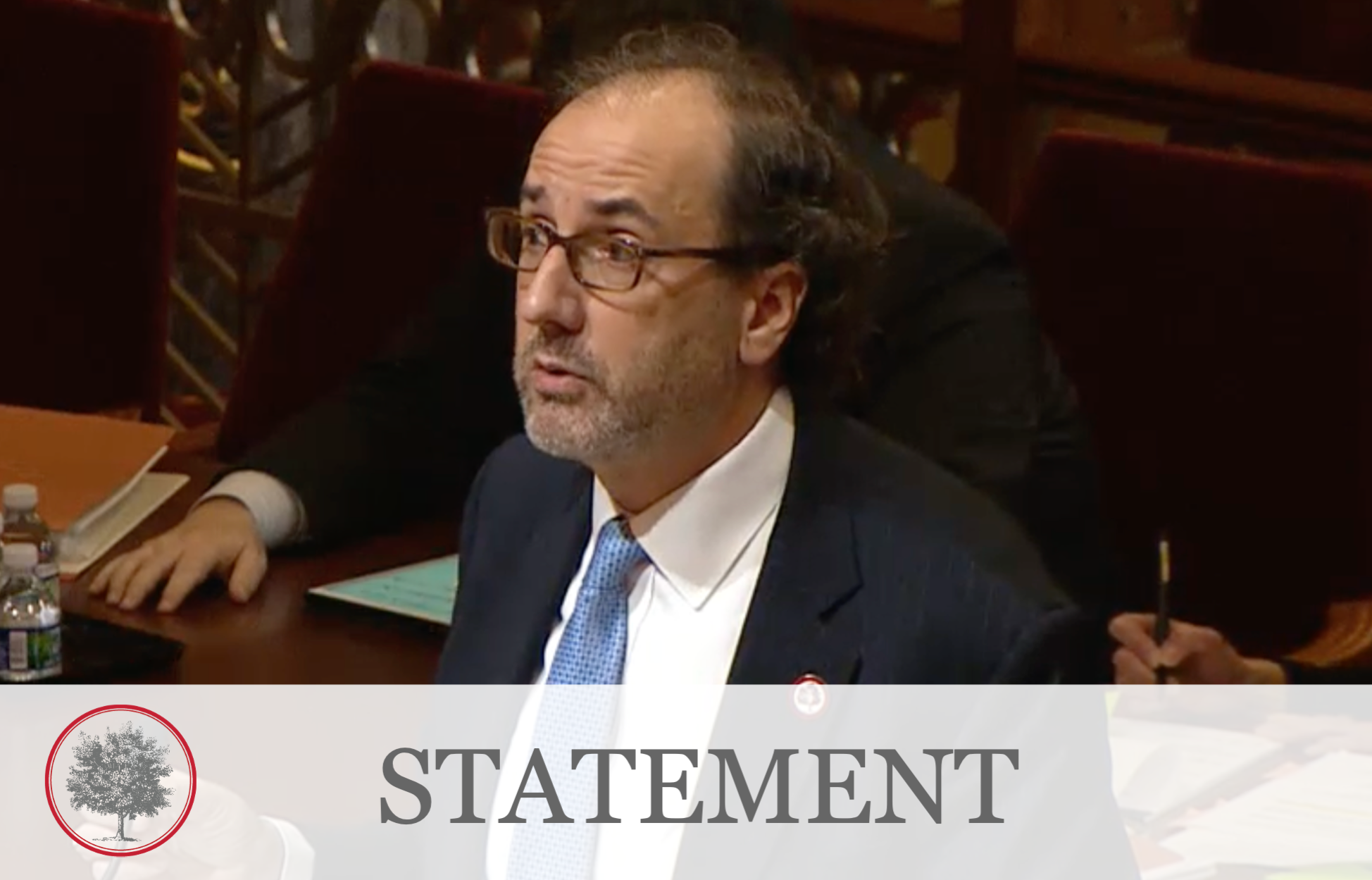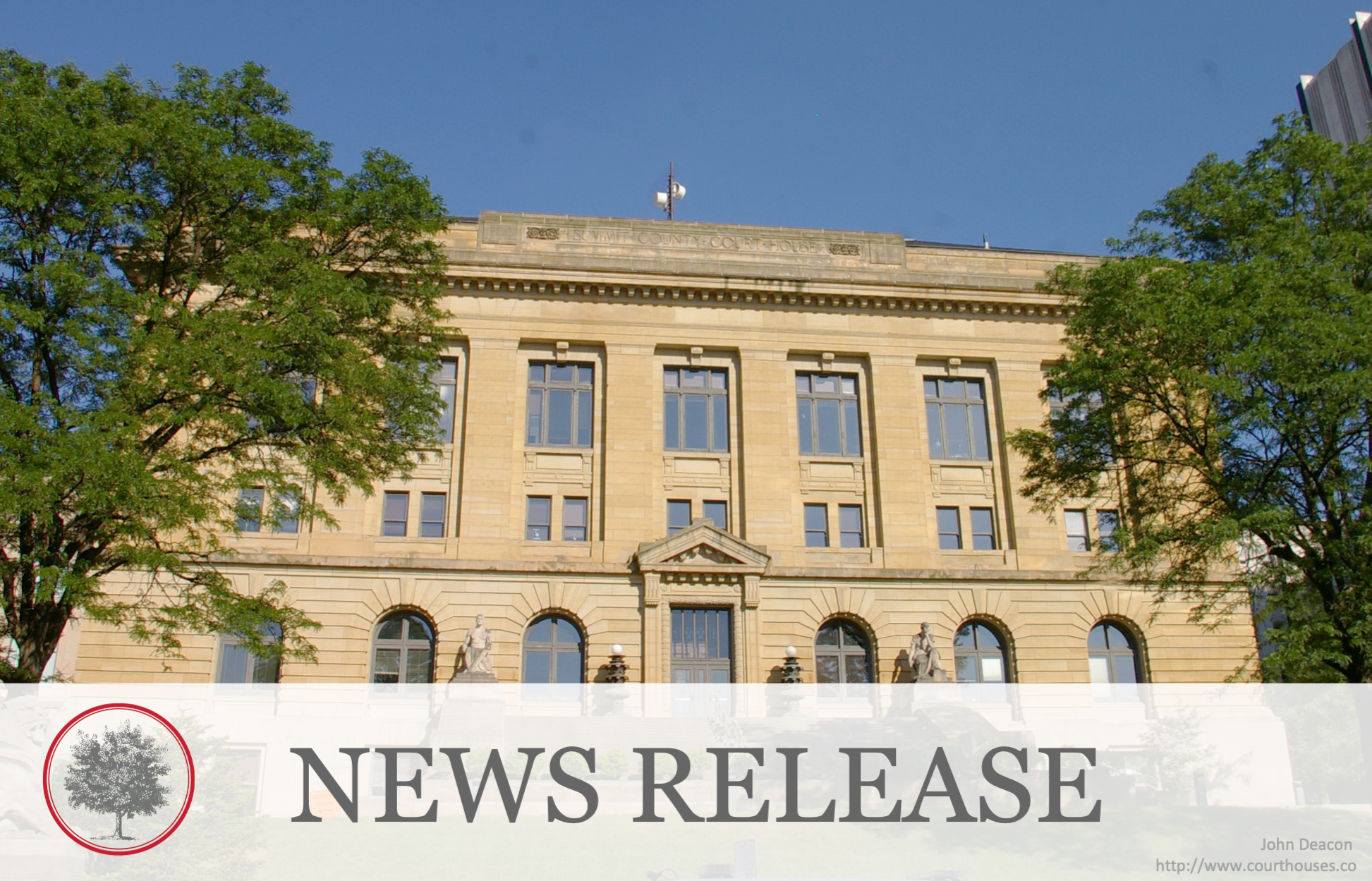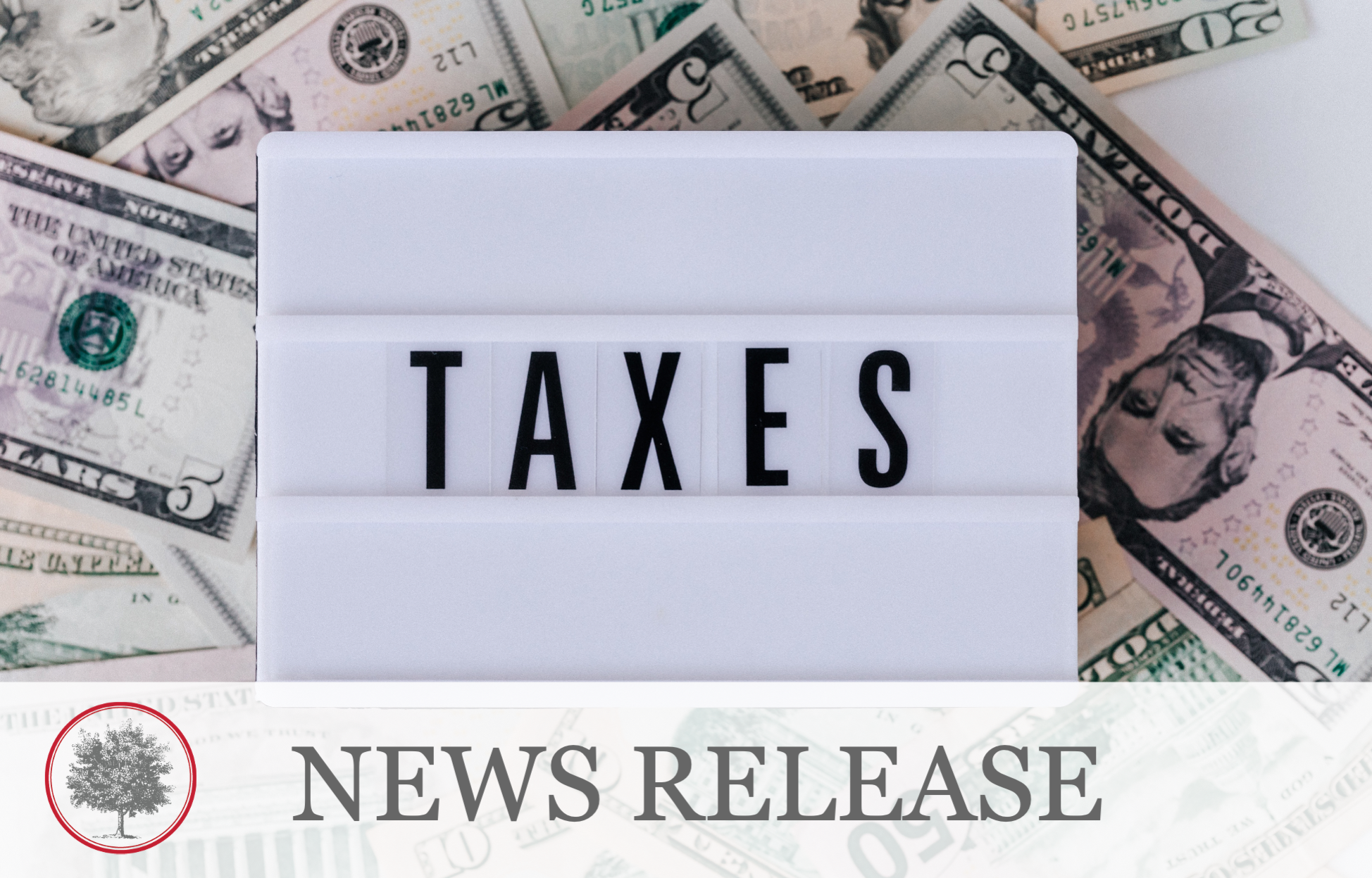|
|
Buckeye v. Kilgore |
For media inquiries, please contact:
Lisa Gates, vice president of communications
(614) 224-3255 or Lisa@BuckeyeInstitute.org
Resolution to the Case
On February 14, 2024, the Ohio Supreme Court ruled in Schaad v. Alder that the state did not violate the due process clause “by directing that an Ohio citizen pay taxes to the municipality where the employee’s principal place of work was located rather than to the subdivision of the state where the employee actually worked.”
This ruling mooted the refund claims of the plaintiffs in Buckeye v. Kilgore.
Background of the Case
Key Question in the Case: Is it constitutional for the work of employees—who were forced to work from home during Ohio’s stay-at-home order—to be deemed to have been performed in a different city than it actually was performed for the purpose of taxation?
With the outbreak of the COVID-19 pandemic, and Ohio’s stay-at-home order, Ohioans have been forced to make significant changes to how they live and work.
Indeed, Ohio’s orders made working from home the only option for Buckeye’s employees for a significant amount of time. Unfortunately, while the state was mandating that people stay home to slow the spread of COVID-19, it simultaneously refused to honor Ohio law, which permits workers to be taxed based upon where they live and where they actually perform work. Rather, Ohio’s General Assembly passed an emergency law—House Bill 197—absurdly deeming all work that was performed at a worker’s home to have been performed in the often higher-taxed office location for the purposes of taxation instead.
Although courts have allowed municipalities to impose income taxes on nonresidents’ income that was earned for work performed within the municipality’s limits, the rationale for doing so was that the workers were using city resources—police, fire, and other public services—when they were at work. Ohio law does not allow cities to take income taxes from workers based upon “let’s pretend” you performed work in a different city than you actually did.
Ohio’s emergency-based local income tax system is not only unfair to workers, it is unfair to the municipalities that are actually providing public services and are losing out on revenue to which they are rightfully entitled.
Ohio’s Orwellian emergency-based local income tax system—where the state forced people to work from home, but nonetheless still deemed their work to have been performed in the higher-taxed office location—offends the basic principles of equity and violates the due process requirements of the United States and Ohio constitutions.
Facts of the Case
Current Status
The Ohio Supreme Court declined to hear Buckeye v. Kilgore.
Case Number
2022-0052
Originally Filed
July 2, 2020
Original Court
Franklin County Court of Common Pleas
Plaintiffs
The Buckeye Institute
Rea S. Hederman Jr. of Powell
Greg R. Lawson of Westerville
Joe Nichols of Newark Township
Lawyers
Robert Alt, president and chief executive officer, The Buckeye Institute
Jay R. Carson, associate, Wegman Hessler, and senior litigator, The Buckeye Institute
Related Cases
Morsy v. Dumas
Schaad v. Alder
Curcio v. Hufford
Kresevic v. Chittok
Denison v. Kilgore
Timeline of the Case
March 29, 2022
The Ohio Supreme Court declined to hear Buckeye v. Kilgore, but the court will have other opportunities to rule on Ohio’s emergency-based local income tax system.
January 14, 2022
The Buckeye Institute files its appeal with the Ohio Supreme Court asking the court to hear the case and recognize Ohio’s emergency-based local income tax system—where the state forced people to work from home, but nonetheless deemed their work to have been performed in a higher-taxed office location—as unconstitutional.
- Appeal Brief
- Press Release
- Amicus Brief, Members of the Ohio General Assembly
- Amicus Brief, National Taxpayers Union Foundation
November 30, 2021
Ohio’s Tenth District Court of Appeals issues its ruling.
October 6, 2021
The Buckeye Institute presents oral arguments to Ohio’s Tenth District Court of Appeals.
May 26, 2021
The Buckeye Institute files its appeal brief with Ohio’s Tenth District Court of Appeals.
April 28, 2021
The Buckeye Institute filed its notice of appeal with Ohio’s Tenth District Court of Appeals after Franklin County Court of Common Pleas Judge Carl A. Aveni granted the City of Columbus’ motion to dismiss the case.
November 18, 2020
The Franklin County Court of Common Pleas granted the request to stay discovery.
November 16, 2020
The Buckeye Institute and the defendants file a joint motion to pause all discovery in the case until the court has ruled on the motion to dismiss.
September 30, 2020
The Buckeye Institute files a reply to the Ohio Attorney General's motion to dismiss.
September 23, 2020
The Buckeye Institute files a reply to the city of Columbus’ motion to dismiss, which corrects the city’s inaccurate statements about Ohio’s municipal income tax law.
September 9, 2020
The Buckeye Institute files a response to the City of Columbus’ motion to dismiss Buckeye v. Kilgore.
July 2, 2020
The Buckeye Institute, along with three of its individual employees, files a lawsuit calling for the court to declare unconstitutional an Ohio law allowing the City of Columbus to tax income from workers who do not live in, and were prohibited from working within, the city’s jurisdiction during Ohio’s stay-at-home order.

